Real Estate Market Update: Understanding Rental Risks in California
In this Real Estate Market Update, we dive into critical information that every California landlord should know about the legal risks of collecting rent from unpermitted units. Stay informed to avoid costly fines and legal headaches while navigating the rental landscape.
🔍 Introduction to Rental Risks
In California, navigating the rental market comes with its own set of challenges, particularly concerning rental risks associated with unpermitted units. Many landlords might not realize the legal implications of renting out a space that hasn’t been properly permitted. This oversight can lead to severe financial repercussions and legal troubles.
Understanding these risks is crucial for both landlords and tenants. If you are involved in the rental market, it’s essential to be aware of the laws governing permitted and unpermitted units. Let’s delve into these risks and how they can impact your rental experience.
📜 Understanding Permitted and Unpermitted Units
Permitted units are those that have undergone the necessary inspections and have received approval from local authorities. These units comply with building codes and zoning laws, ensuring safety and legality.
On the other hand, unpermitted units lack the necessary approvals. Renting out these spaces can lead to significant issues. For instance, landlords may face fines, and tenants could find themselves in precarious living situations. Here are some key points to consider:
- Legal Status: Unpermitted units are often considered illegal and cannot be rented out legally.
- Risk of Eviction: Tenants may be evicted if the unit is discovered to be unpermitted.
- Financial Consequences: Landlords may have to refund rent and face penalties.
⚖️ Key Case Law: Lyes v. Sano Patel
The case of Lyes v. Sano Patel is pivotal in understanding the legal framework surrounding unpermitted units. In this ruling, the court emphasized that landlords cannot collect rent from properties that lack the necessary rental registrations.
This decision underlines the importance of ensuring that all units are properly registered. If a landlord attempts to charge rent without these registrations, they risk legal action and financial loss. The implications of this ruling are profound, making it clear that compliance with local regulations is non-negotiable.

🔍 Legal Implications of Unpermitted Units
The legal implications of renting unpermitted units are severe. California law mandates that all rental units must adhere to specific regulations. If a landlord fails to comply, they are not only at risk of losing rental income but may also be required to refund any rent collected from tenants.
According to California Civil Code 19471, landlords must refund any rent that has been overcharged due to the rental of an unpermitted unit. This means that if you’re renting out a space that doesn’t meet legal requirements, you could be financially liable for all rent collected.
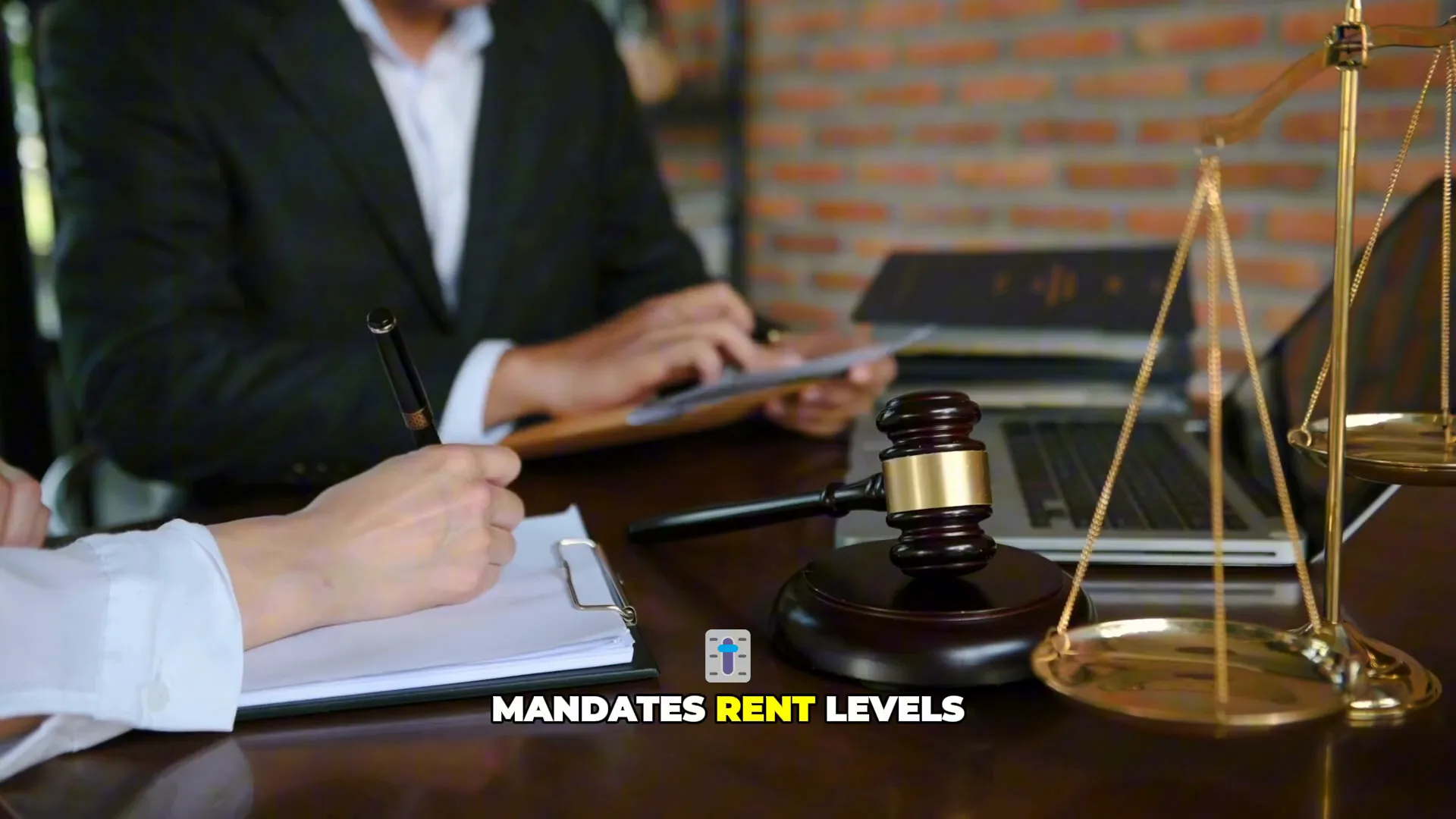
🔎 Further Insights: Carter v. Cohen
Another significant case to consider is Carter v. Cohen. This ruling further solidifies the stance against unpermitted rentals. The court stated that landlords cannot collect rent for any unit constructed without proper permits.
This case highlights a critical point: local authorities do not authorize unpermitted units under rent stabilization laws. Therefore, landlords must ensure that all units are compliant with local building codes to avoid legal complications.
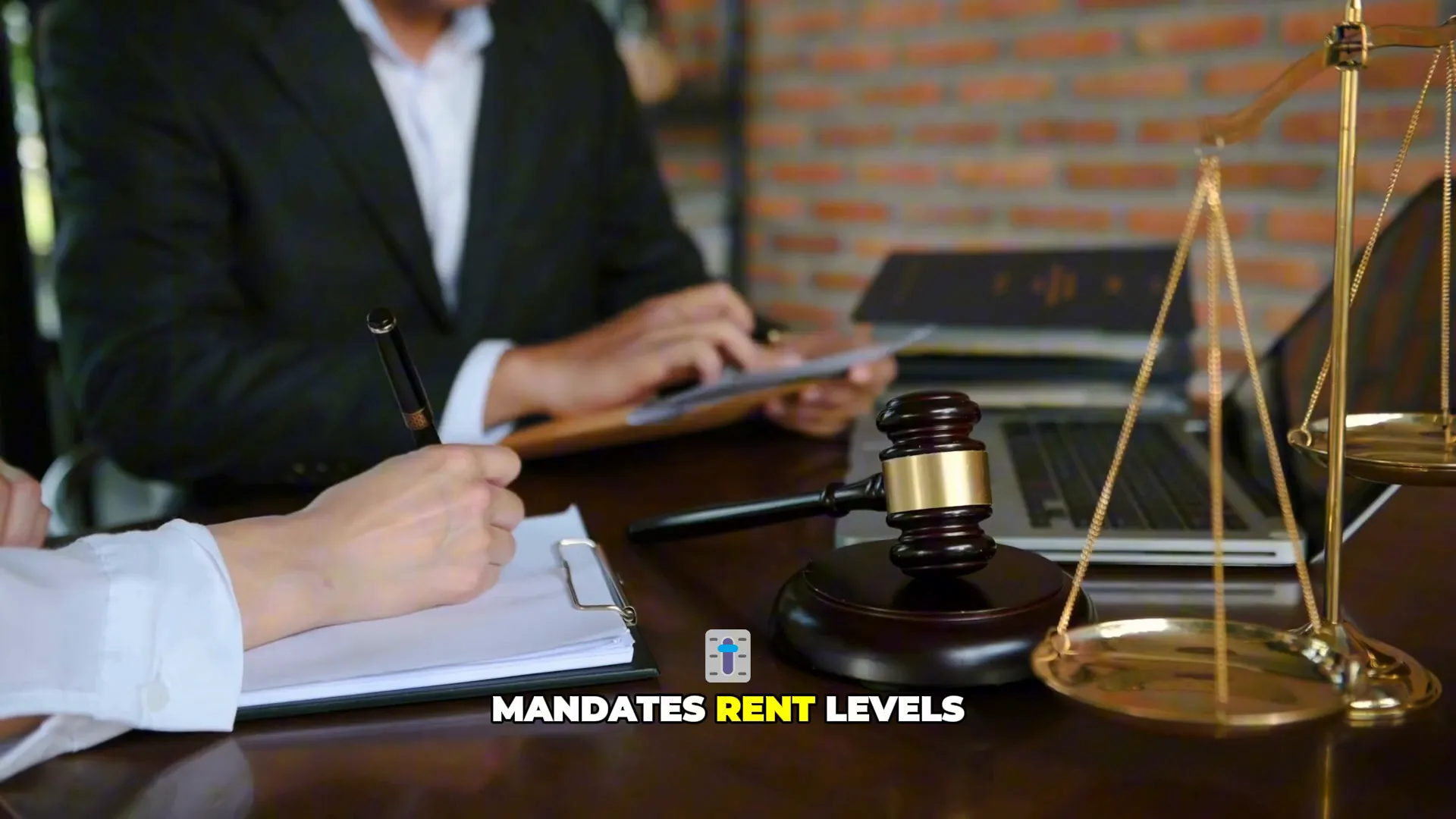
🏛️ Rent Stabilization Laws Explained
Rent stabilization laws are designed to protect tenants from excessive rent increases and ensure housing stability. In California, these laws dictate how much rent can be charged for registered units.
Units that are unpermitted or unregistered fall outside these protections. This means landlords cannot legally charge rent for these spaces. Understanding these laws is crucial for landlords who wish to operate within the legal framework and protect their investments.
Here’s a brief overview of rent stabilization laws:
- Registered Units: Only registered units can be rented under rent stabilization laws.
- Limitations on Rent Increases: These laws limit how much rent can be increased annually.
- Tenant Protections: Rent stabilization provides tenants with security against eviction and sudden rent hikes.
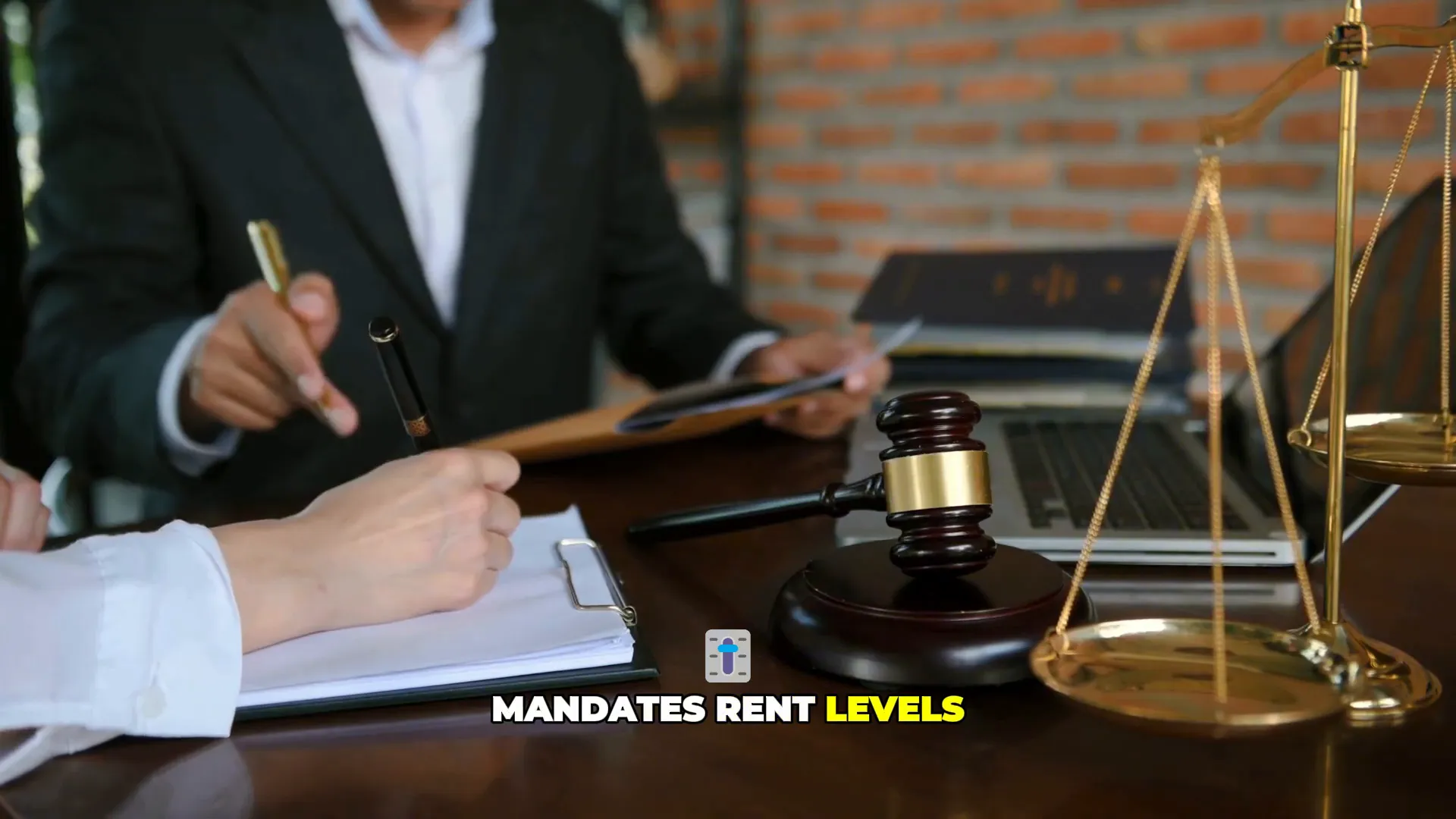
📜 California Civil Code 19471 Overview
California Civil Code 19471 serves as a critical guideline for landlords operating within the state. This code stipulates that rent can only be charged for registered units. If a unit is unregistered or unpermitted, landlords are prohibited from collecting any rent.
This regulation aims to protect tenants and ensure that all rental units meet safety and building code standards. Failure to comply with this law can lead to severe financial penalties and legal ramifications for landlords.
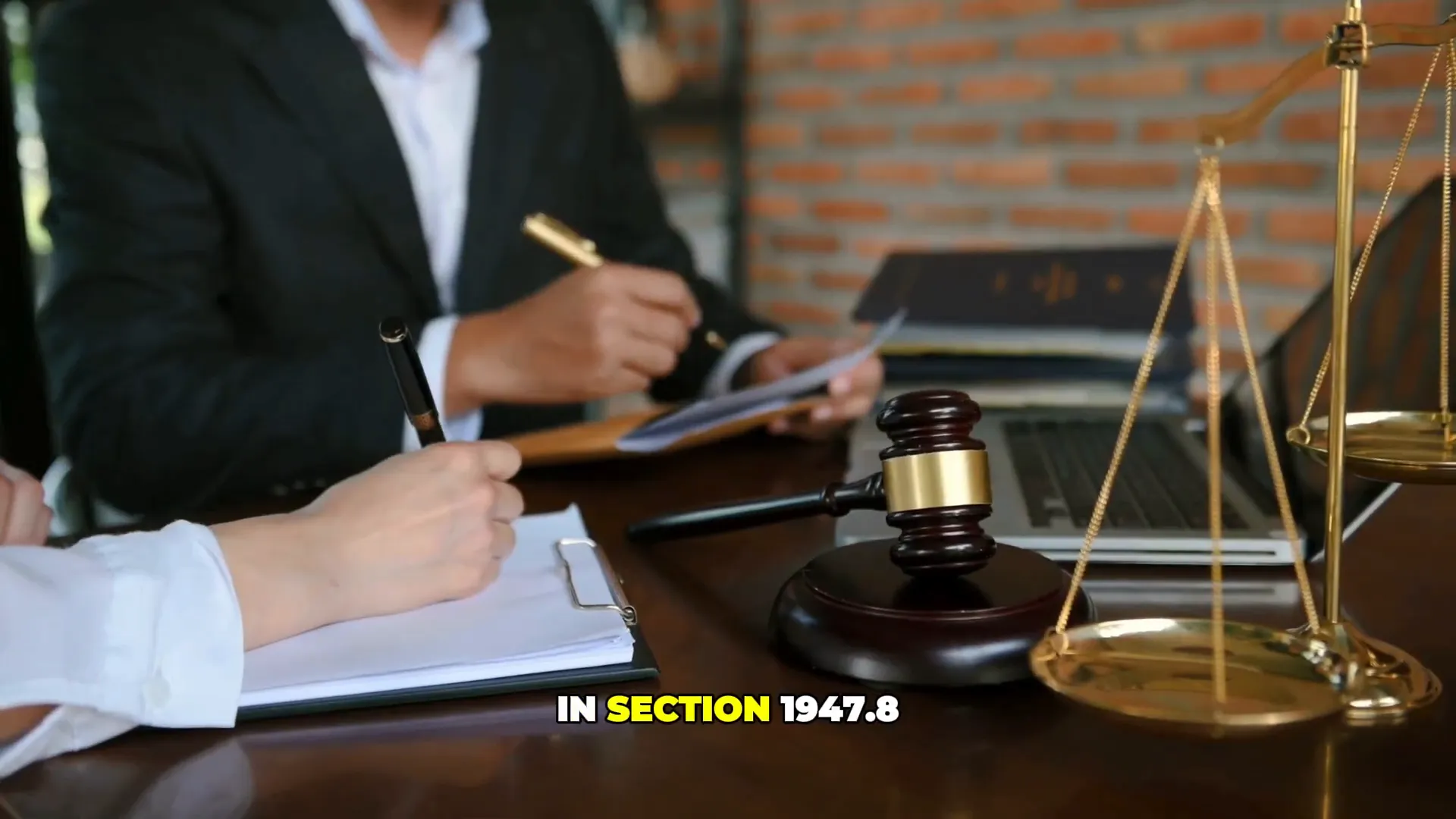
🚨 Consequences of Overcharging Rent
Overcharging rent for unpermitted or unregistered units can have dire consequences. Landlords found in violation of California Civil Code 19471 may be required to refund all rent collected from tenants. This not only includes the current rent but also any past payments made during the tenancy.
In addition to financial loss, landlords may face legal action initiated by tenants. Such actions can include lawsuits for recovery of overpaid rent, which can further escalate costs and damage reputations.
- Financial Liability: Full reimbursement of overcharged rent.
- Legal Actions: Potential lawsuits from tenants seeking recovery.
- Reputational Damage: Negative publicity can impact future rental opportunities.
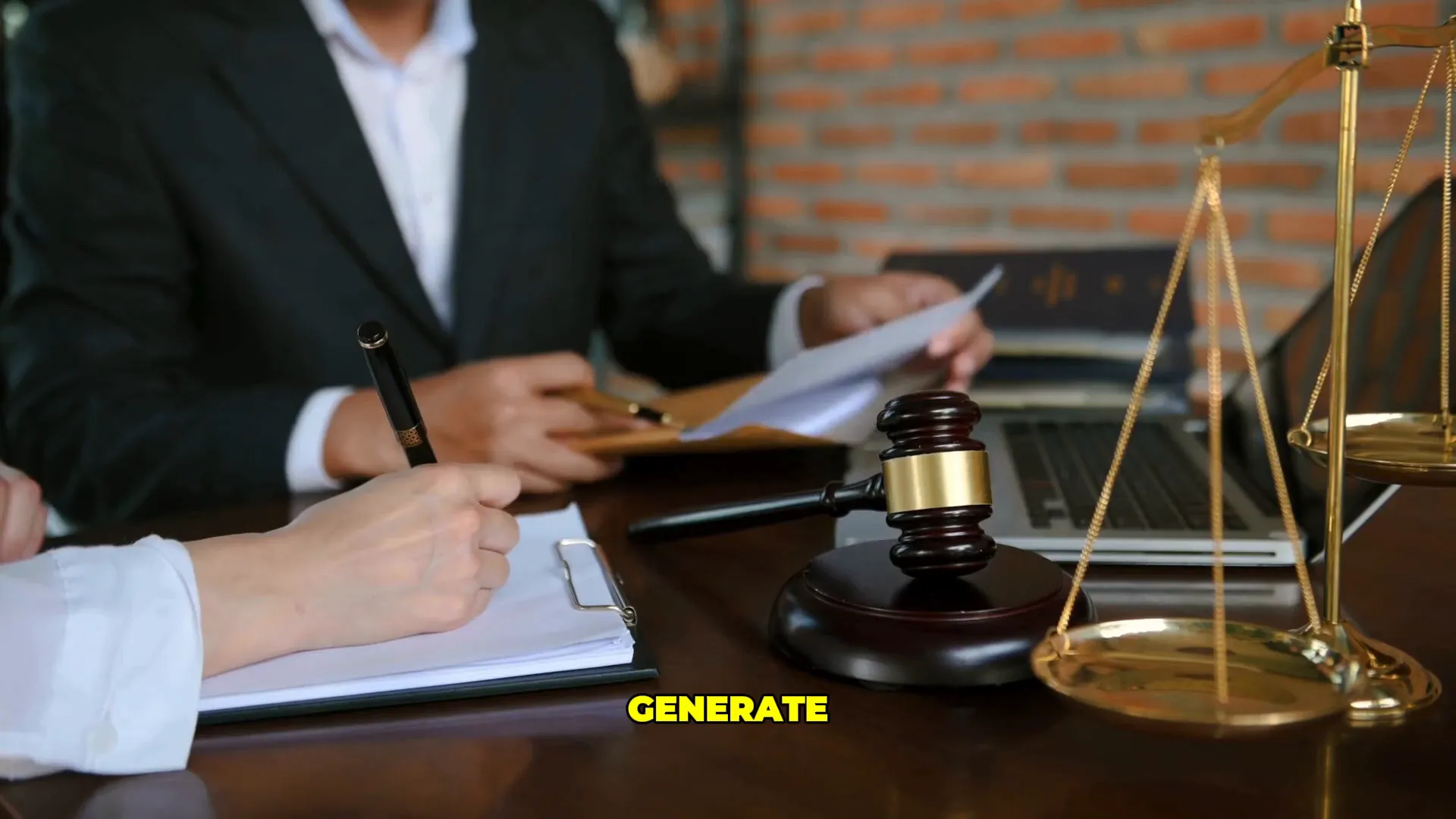
📊 Rent Levels and Registered Units
Understanding the relationship between rent levels and registered units is crucial for landlords. Registered units are those that comply with local laws and have undergone necessary inspections. These units are eligible for rent under the state's regulations.
Landlords must adhere to the limitations set forth by rent stabilization laws, which dictate permissible rent increases. By ensuring all units are registered, landlords can protect their investments and maintain compliance with state laws.
- Compliance is Key: Only registered units can generate rental income.
- Limitations on Increases: Rent stabilization laws restrict annual rent hikes.
- Tenant Security: Registered units offer tenants protection against sudden increases.

📞 Need Help? Reach Out!
If you're a landlord or tenant navigating these complex rental laws and have questions, don't hesitate to seek assistance. Understanding your rights and responsibilities is vital for a smooth rental experience.
Our team is here to help clarify any uncertainties you may have regarding rental laws, permitted units, and compliance. Feel free to reach out directly or click the link below for more information.
🏡 Explore Bay Area Properties
Looking to invest in rental properties in the Bay Area? There are numerous opportunities available, but it's essential to ensure that any potential investment complies with local regulations.
By focusing on properties that are permitted and registered, you can safeguard your investment and avoid the pitfalls associated with unpermitted units. Whether you are a seasoned investor or new to the market, exploring the right properties can make all the difference.
❓ FAQ: Common Questions About Rental Laws
Understanding rental laws in California can be daunting. Here are some frequently asked questions that can provide clarity:
- What is considered an unpermitted unit? An unpermitted unit is any rental space that has not received the necessary approvals from local authorities.
- Can I charge rent for an unregistered unit? No, charging rent for unregistered units is illegal under California Civil Code 19471.
- What happens if I overcharge rent? Landlords must refund any overcharged rent and may face legal action from tenants.
Categories
- All Blogs (314)
- Client Testimonials (19)
- East Palo Alto (81)
- Graeham Watts Home Tours (23)
- Home Buyer's Process (34)
- Home Tours (28)
- Houses for sale in East Palo Alto (13)
- Investing (18)
- Landlord and Tenant Info (9)
- Menlo Park (49)
- Personal (5)
- Real Estate Questions Answered (91)
- Real Estate Tips (86)
- Redwood City (85)
- San Mateo County (10)
- Seller's Process (22)
Recent Posts








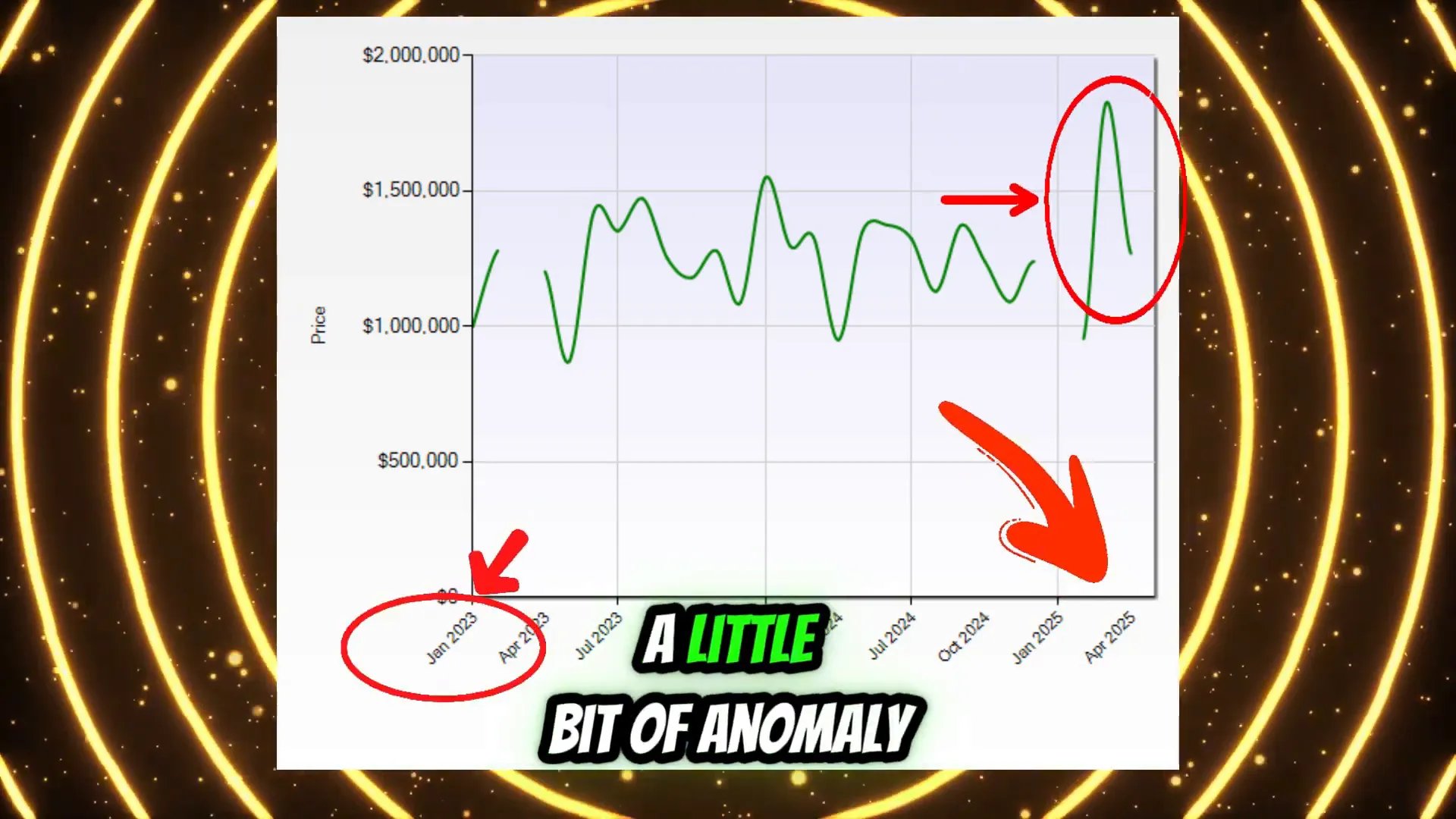

GET MORE INFORMATION

